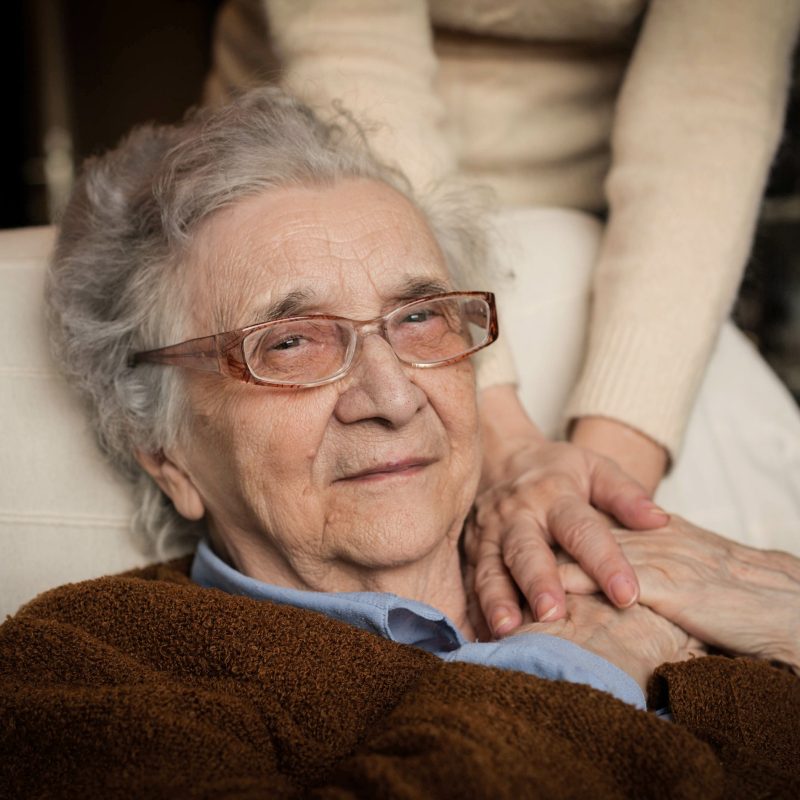Home Health Care (VNA) & Hospice
Our VNA program provides in home care for patients needing medical or therapy support, enabling them to remain in their own homes. As each individual’s journey is unique, the services provided are customized to support one’s needs. If you need help recovering from an illness, injury or surgery, our Home Health Services can provide expert care in a home setting.
Palliative and Hospice Care focus on comfort and quality of life, including emotional, physical, and spiritual support for residents after treatment is stopped. Care can be provided at home, in an assisted living or in a long-term care residence.


